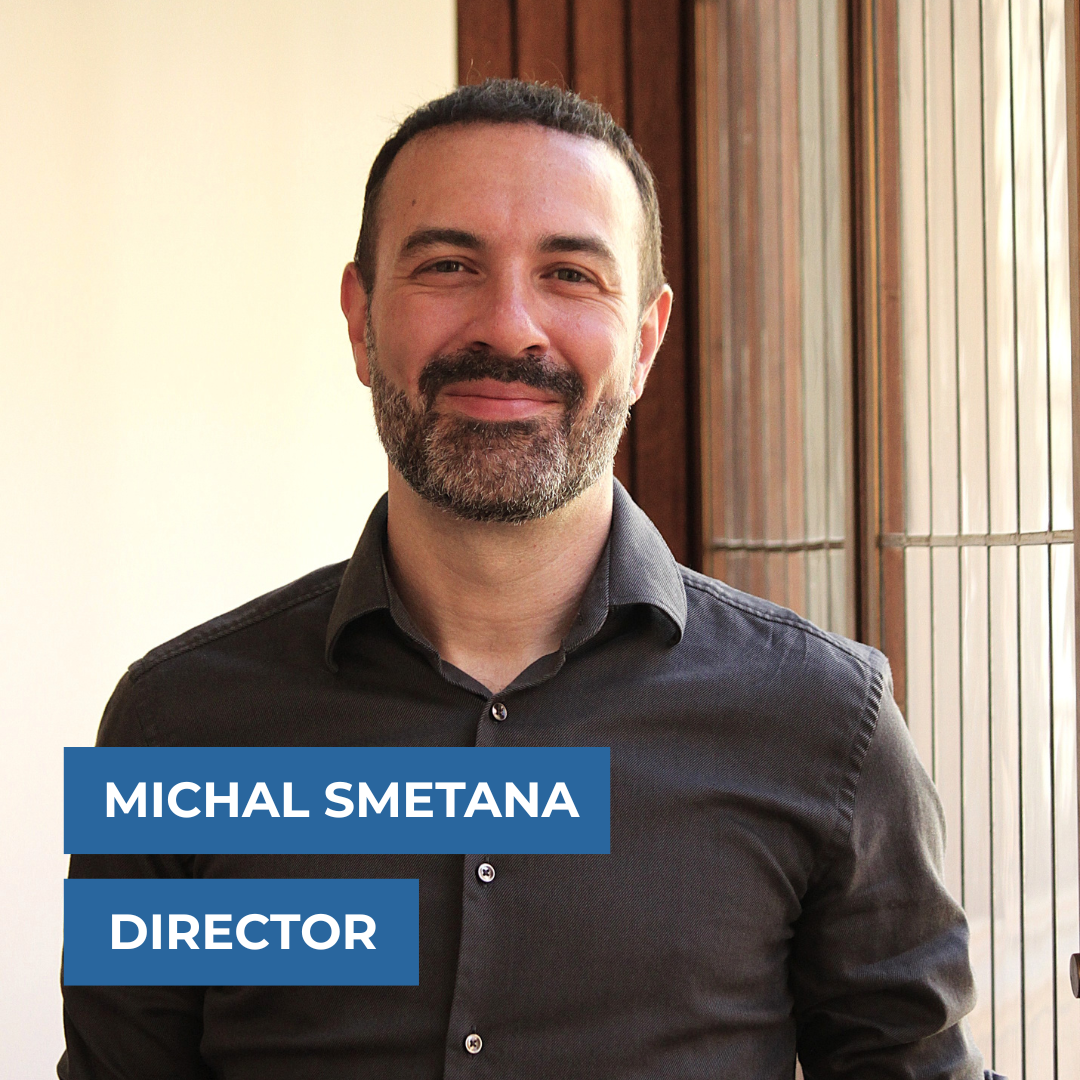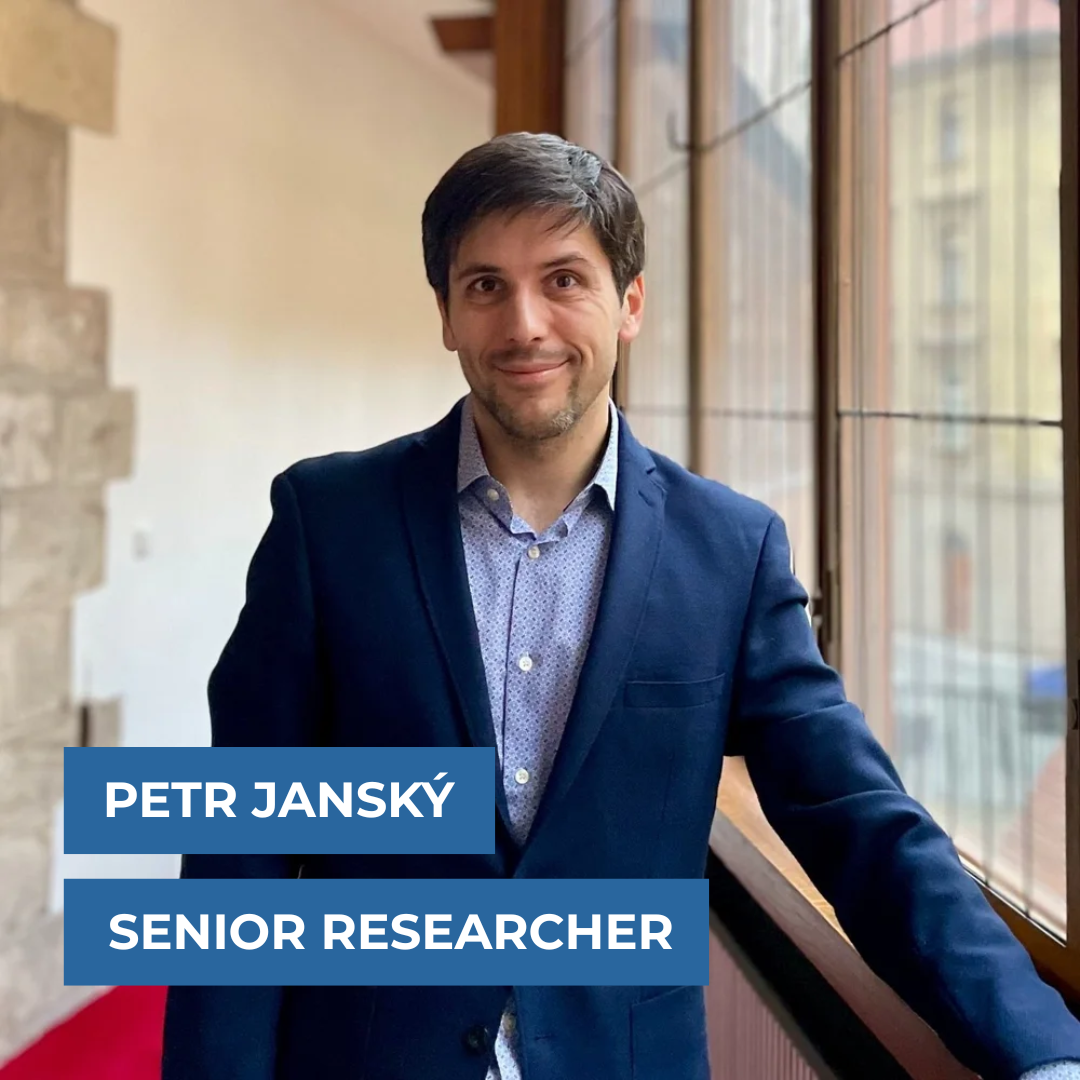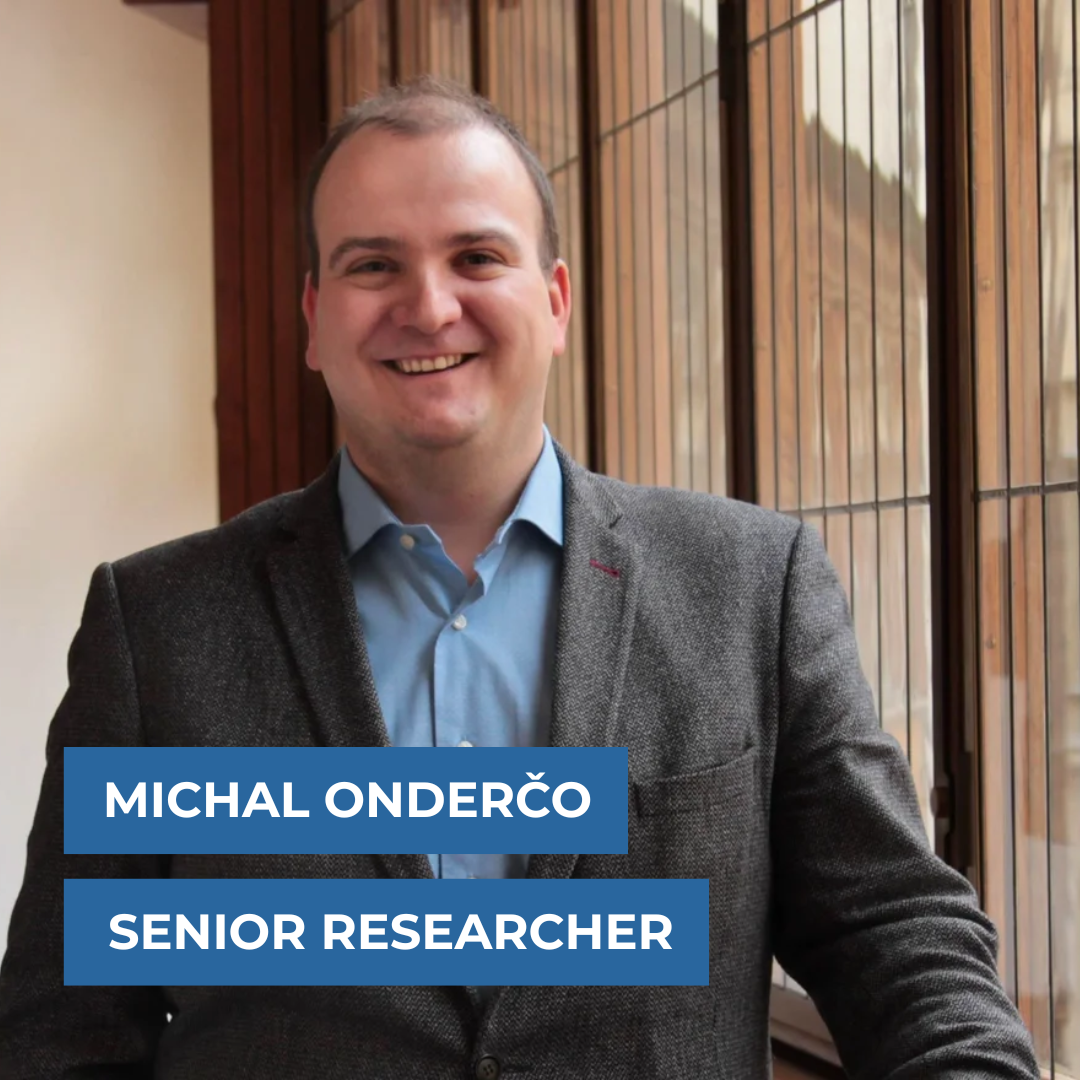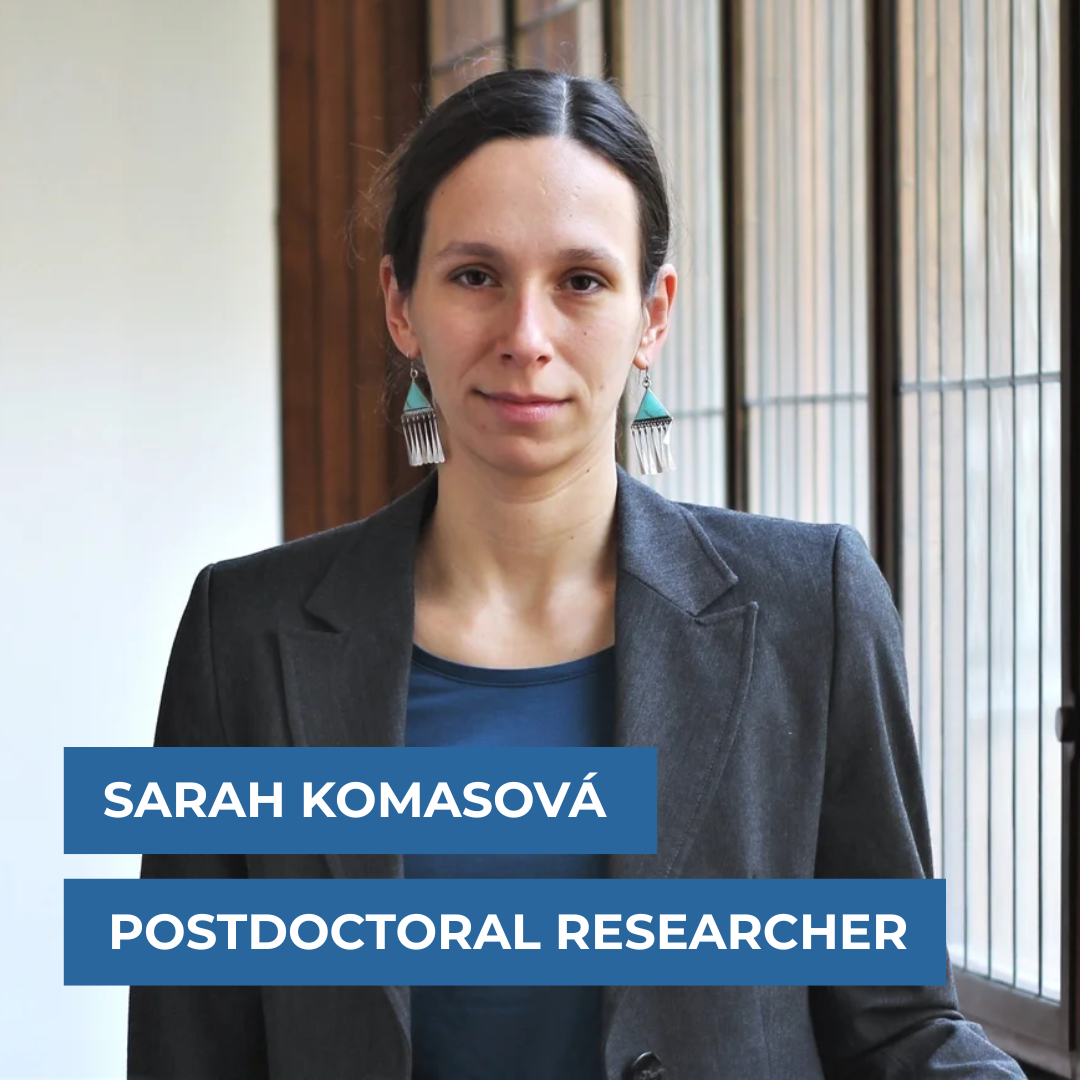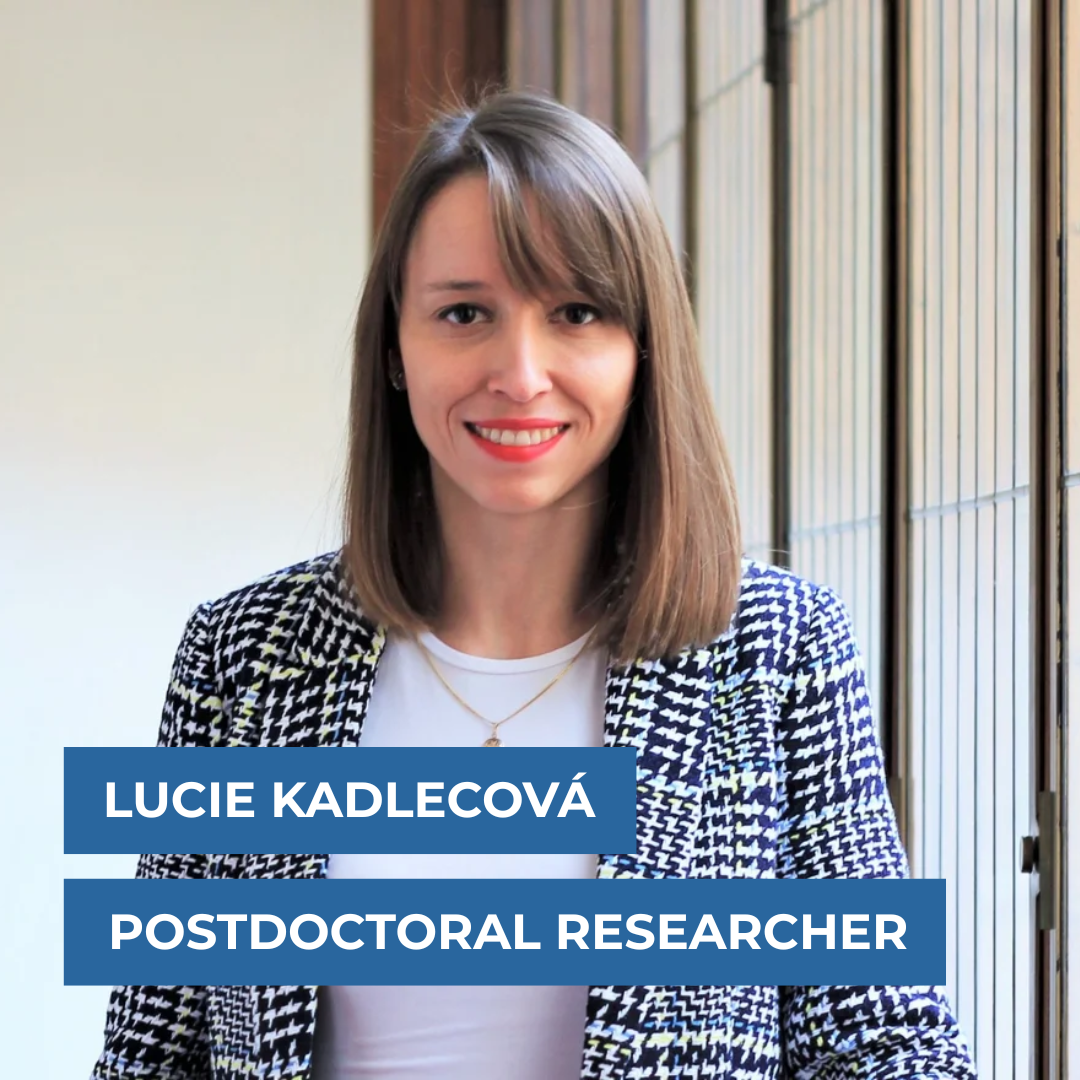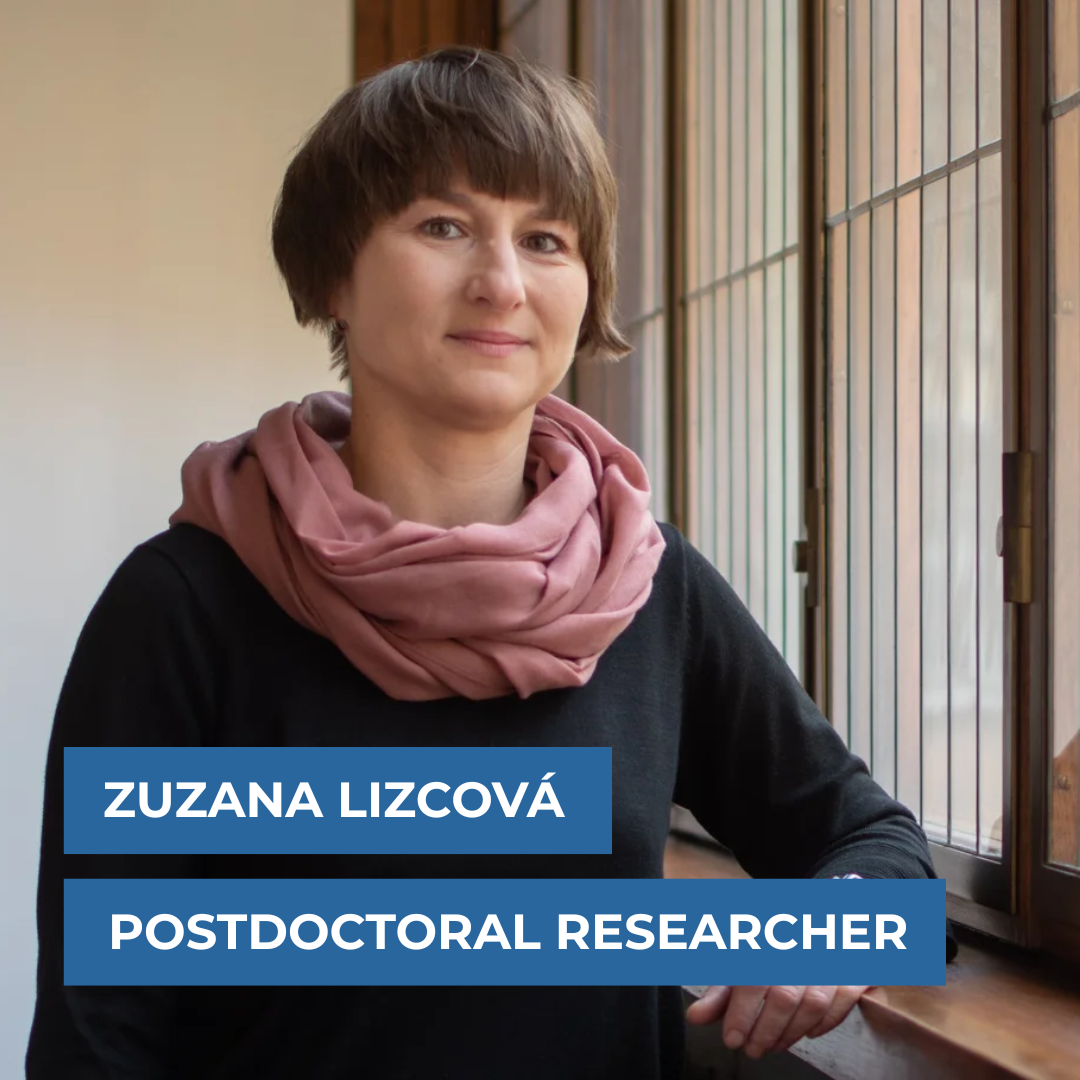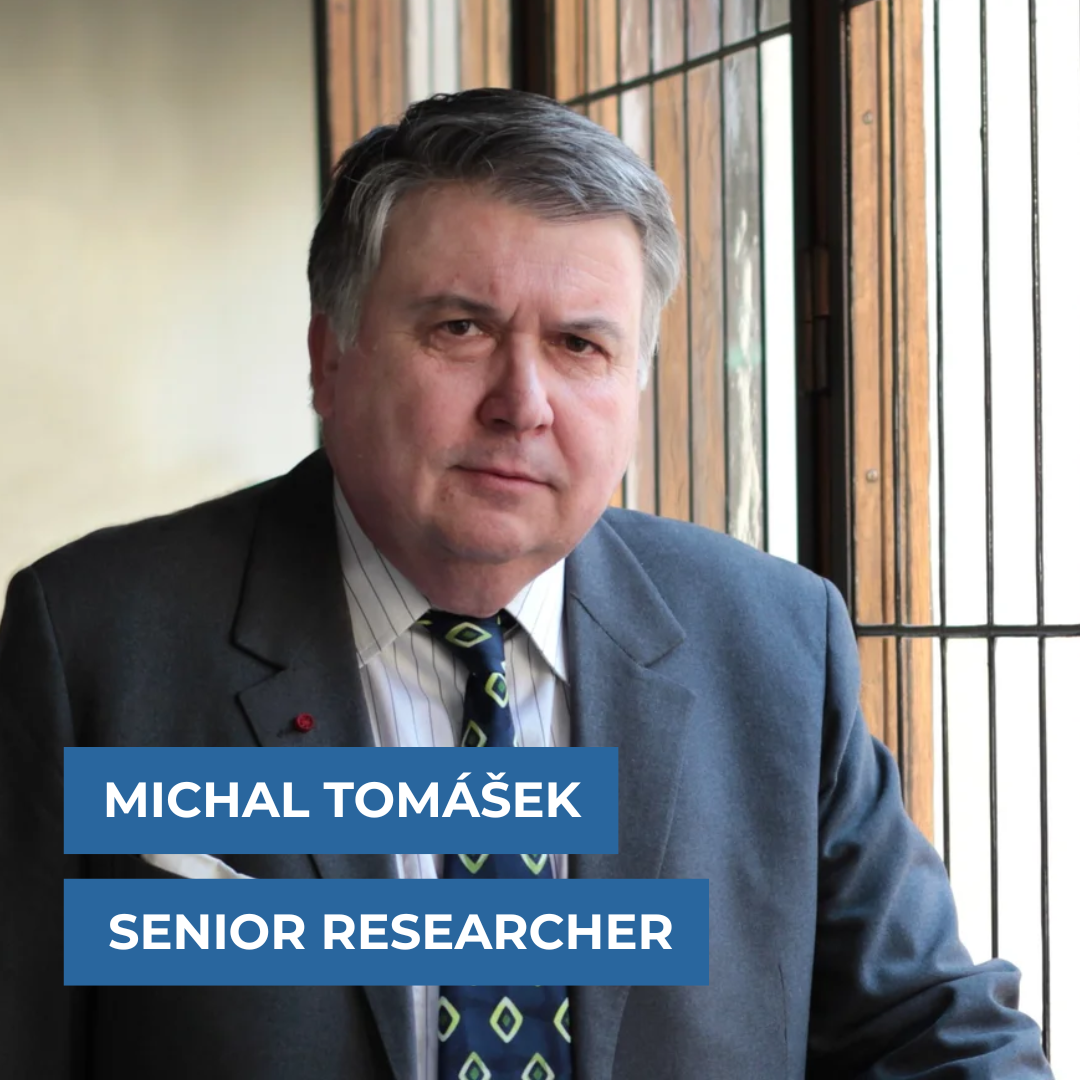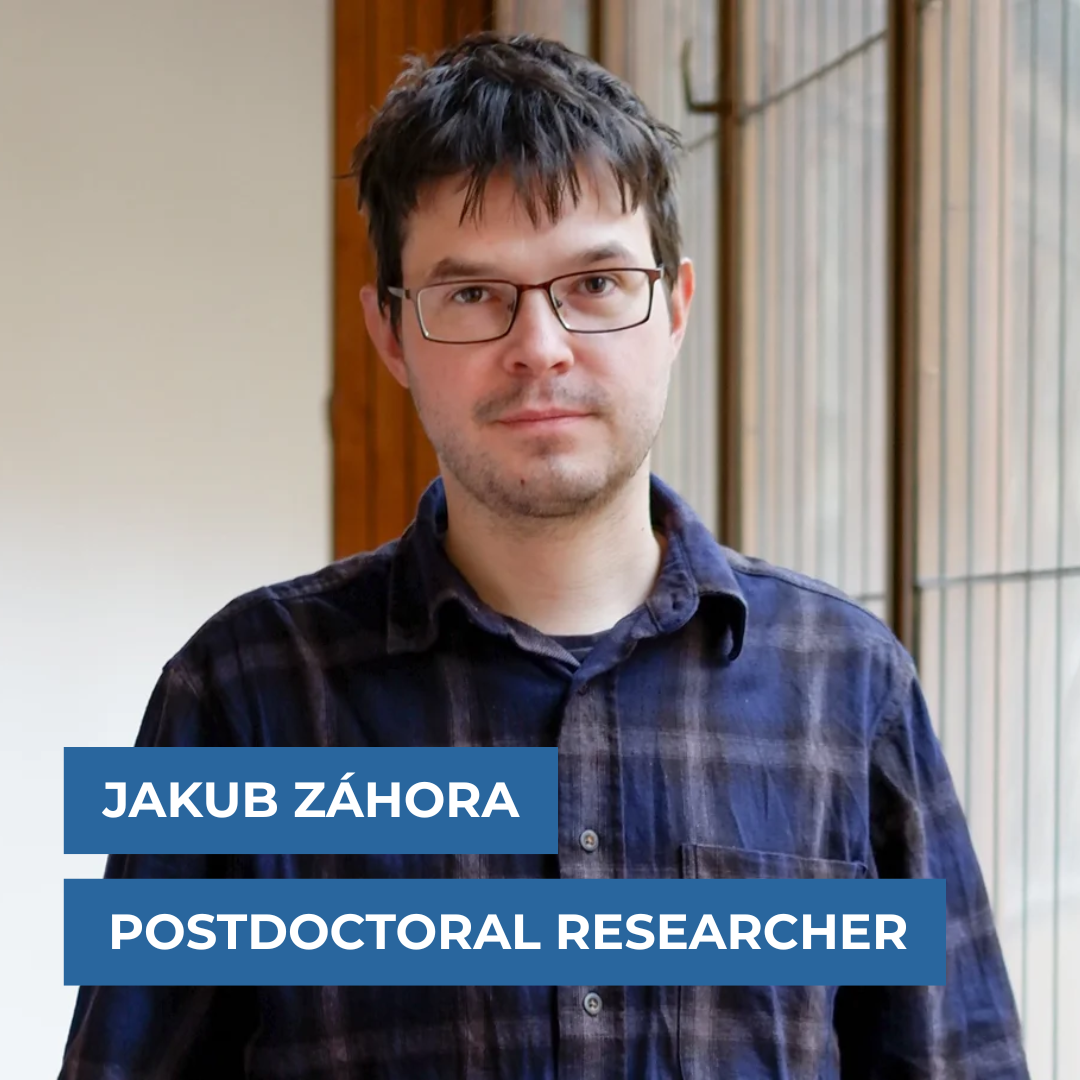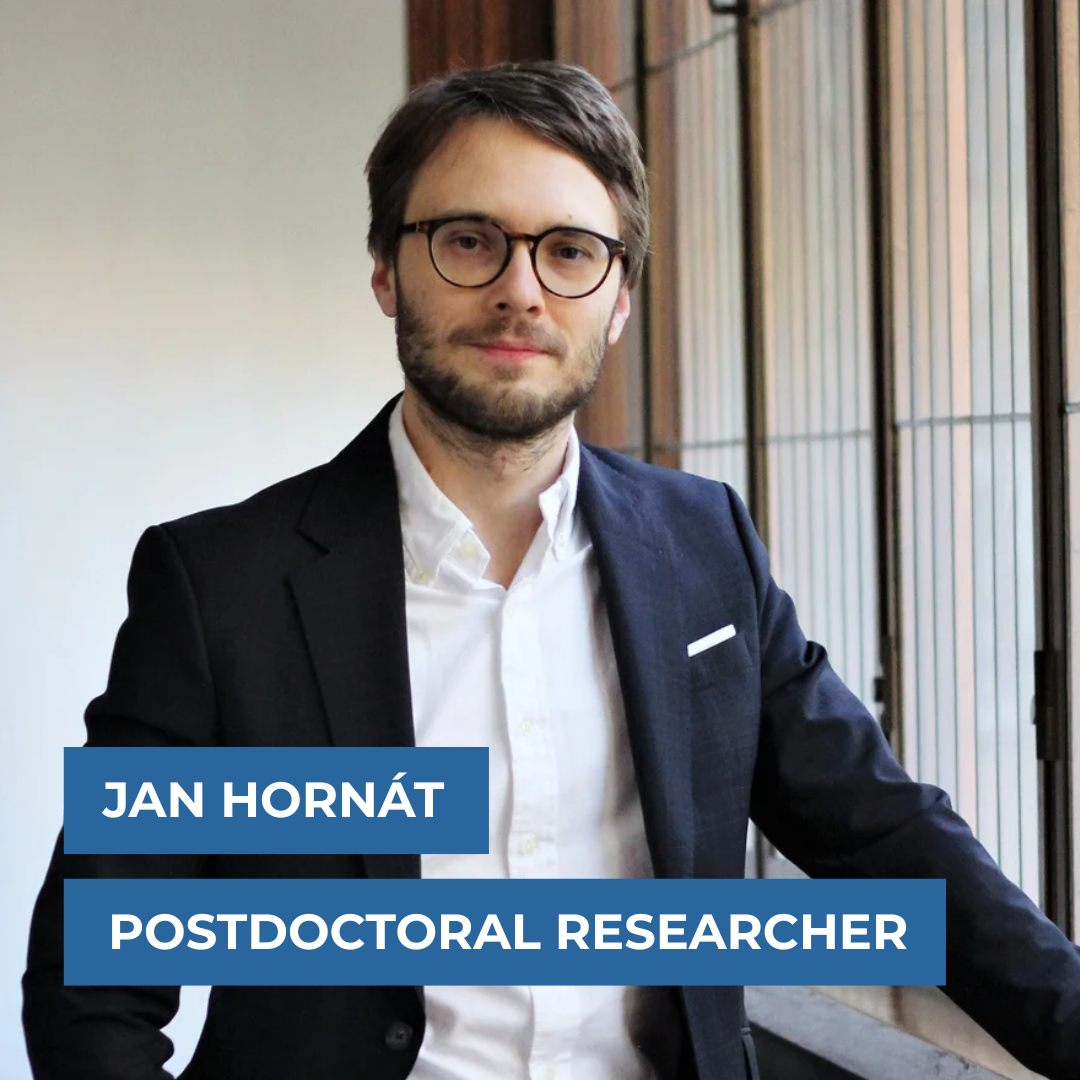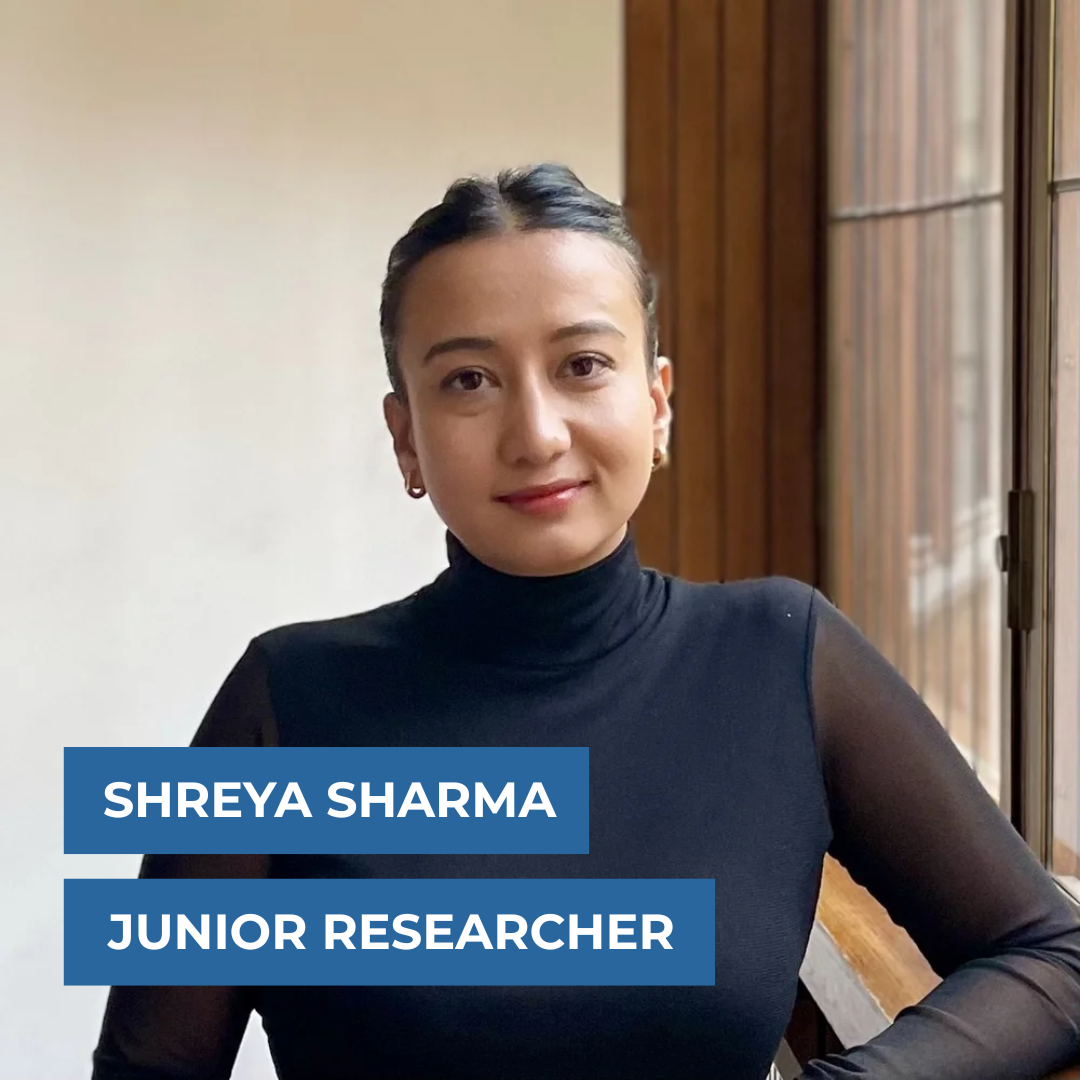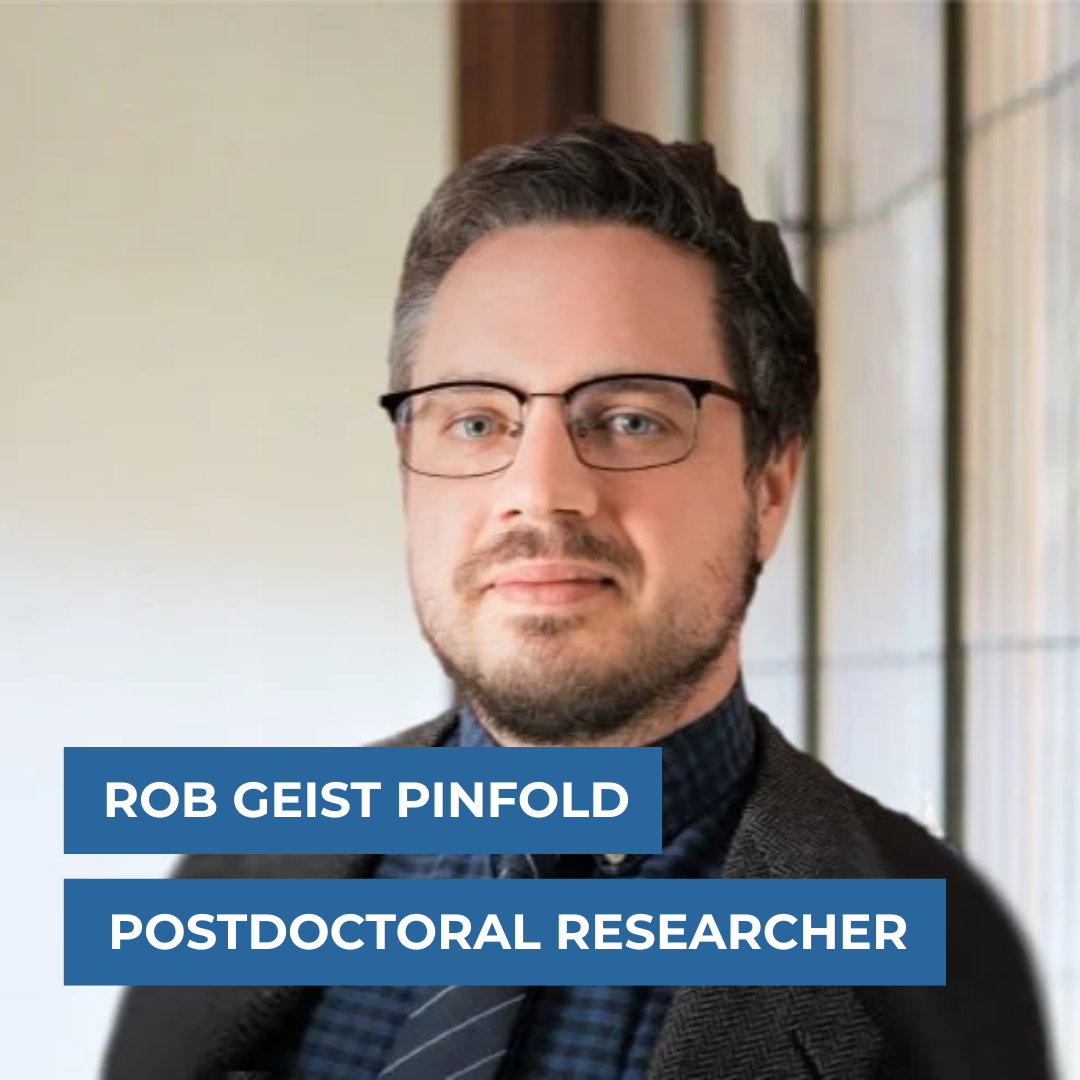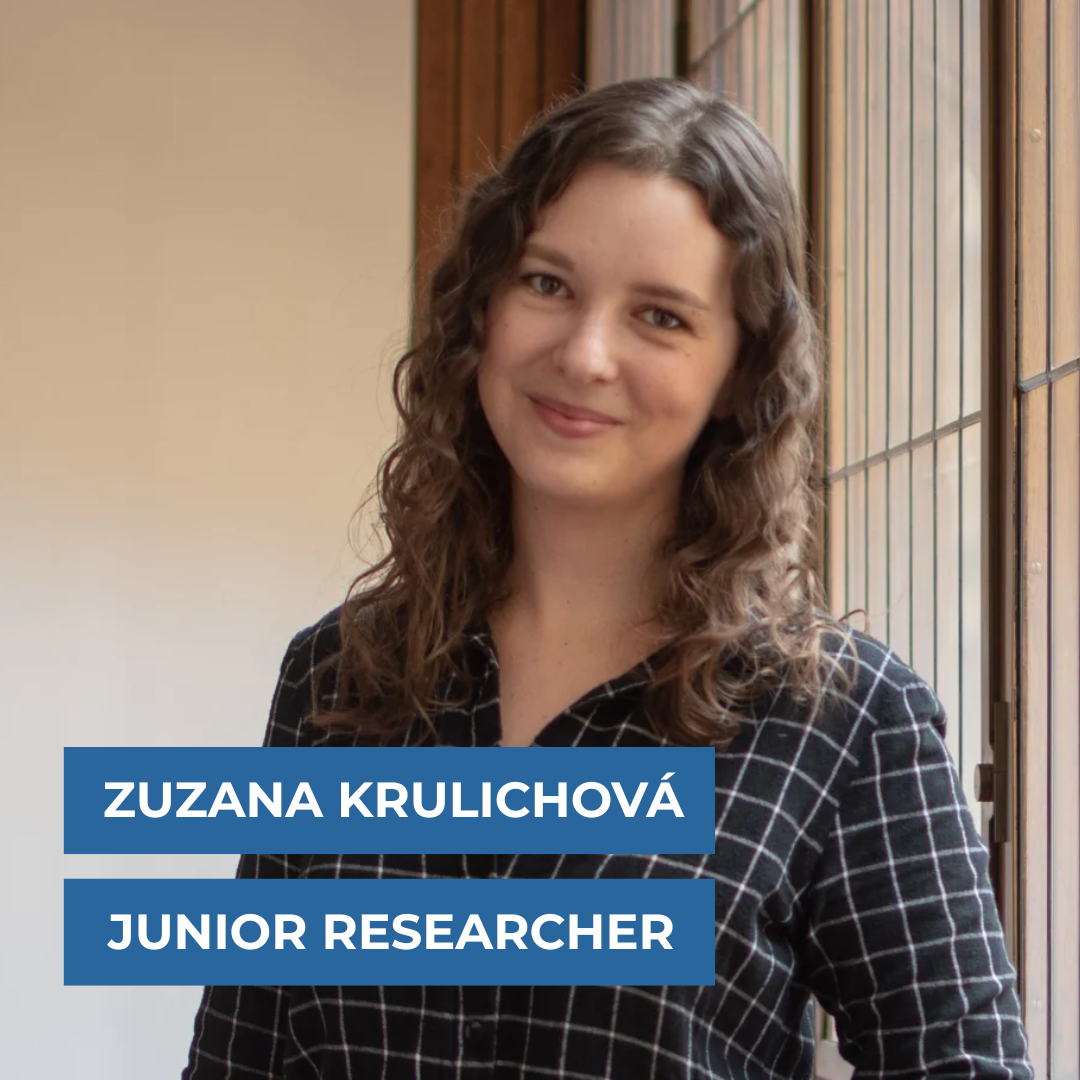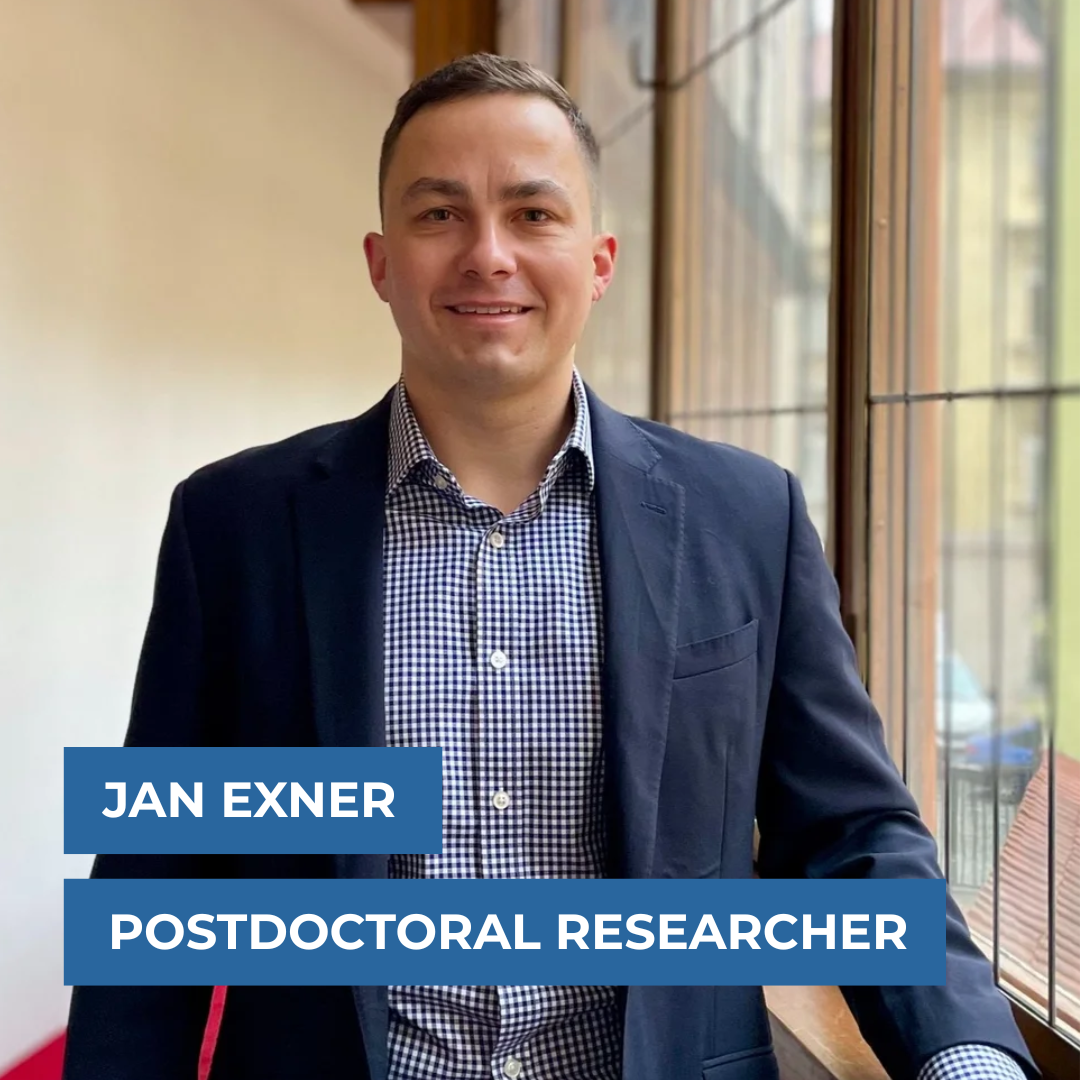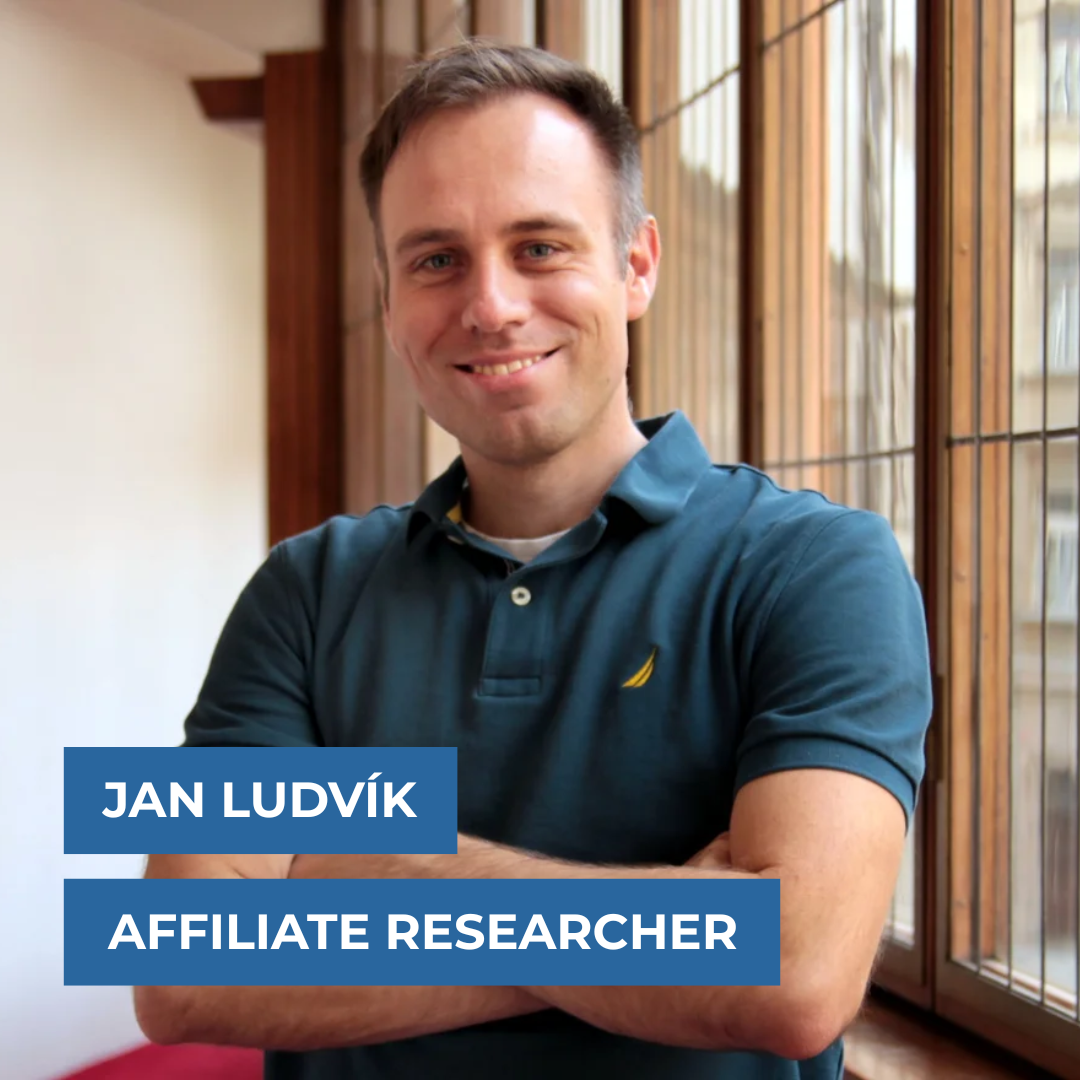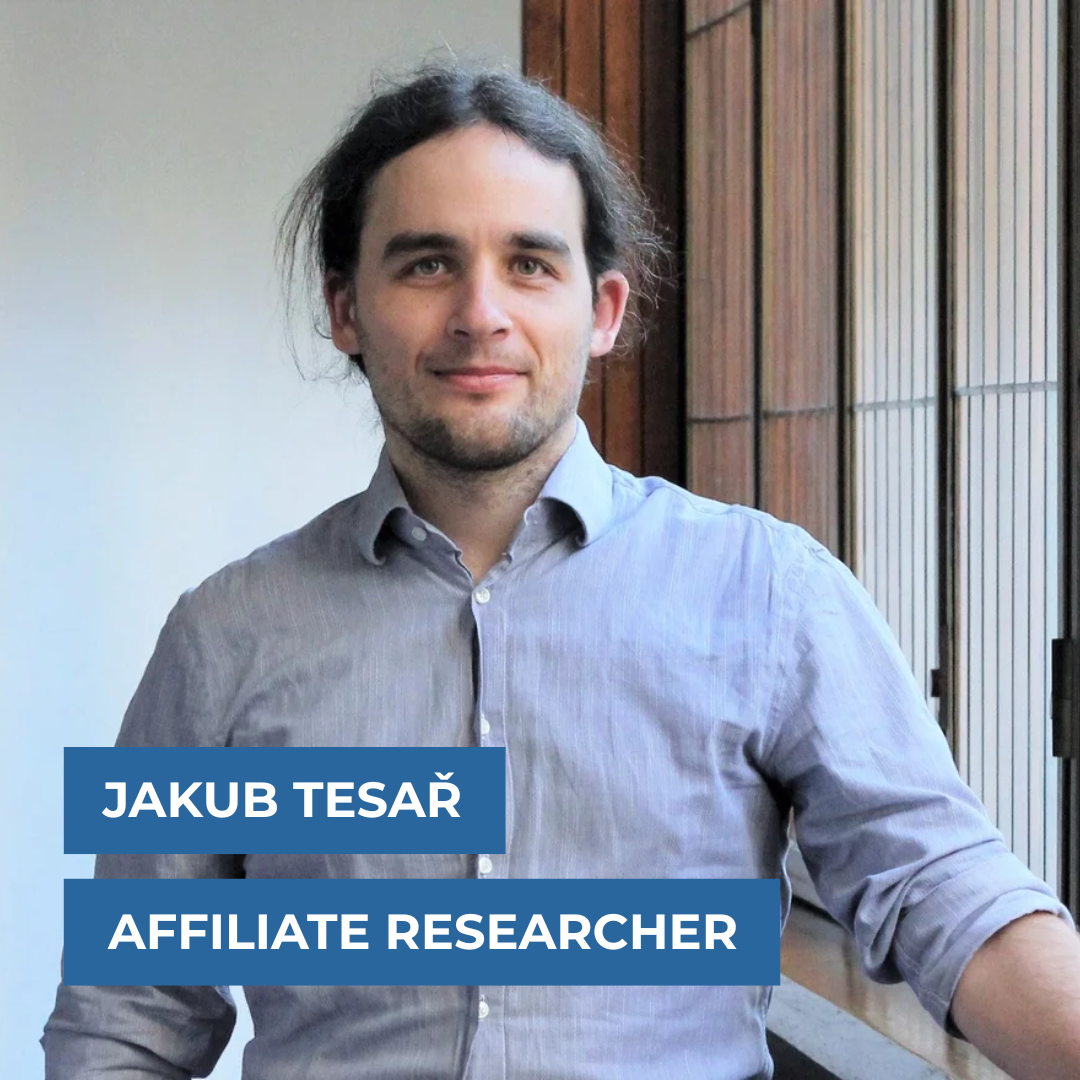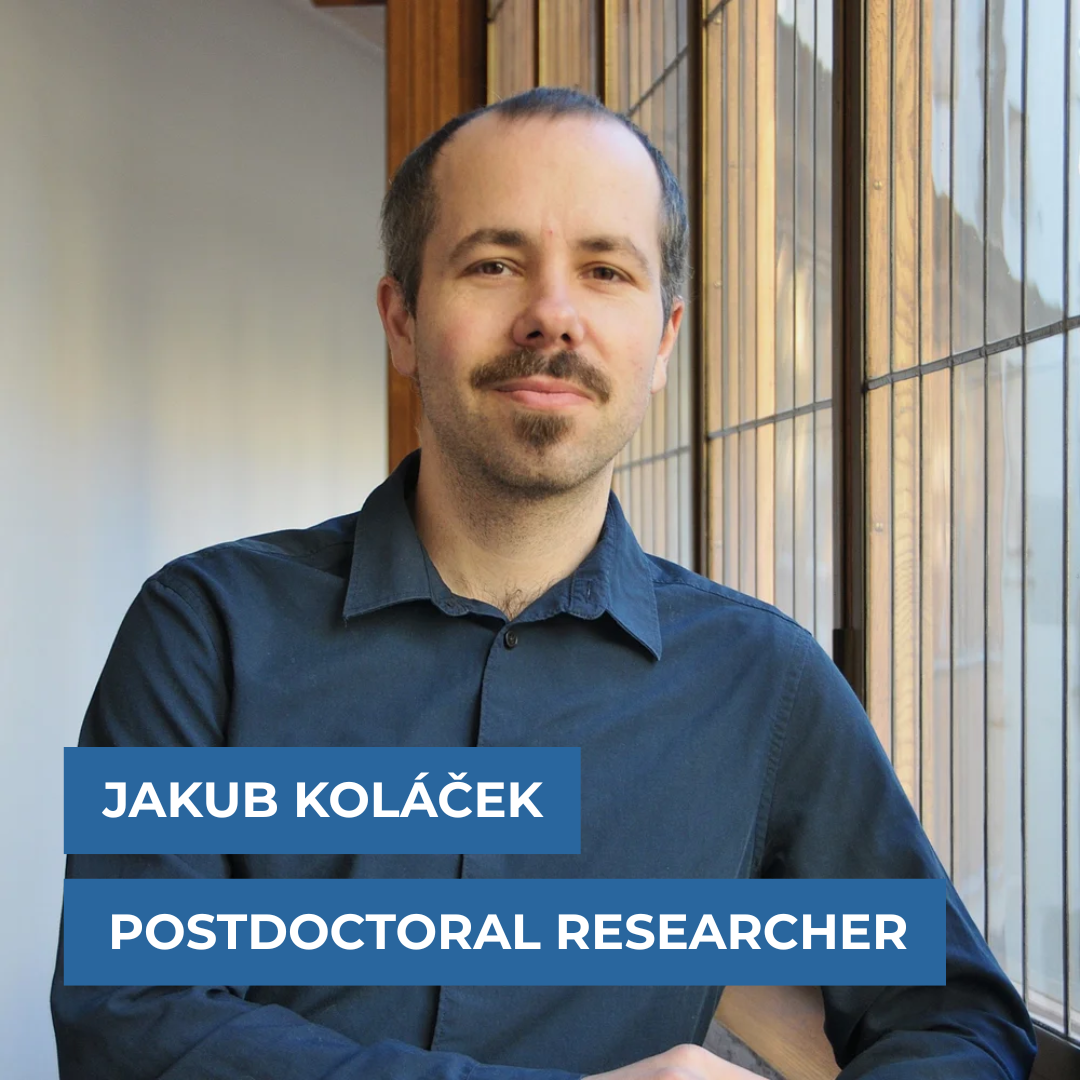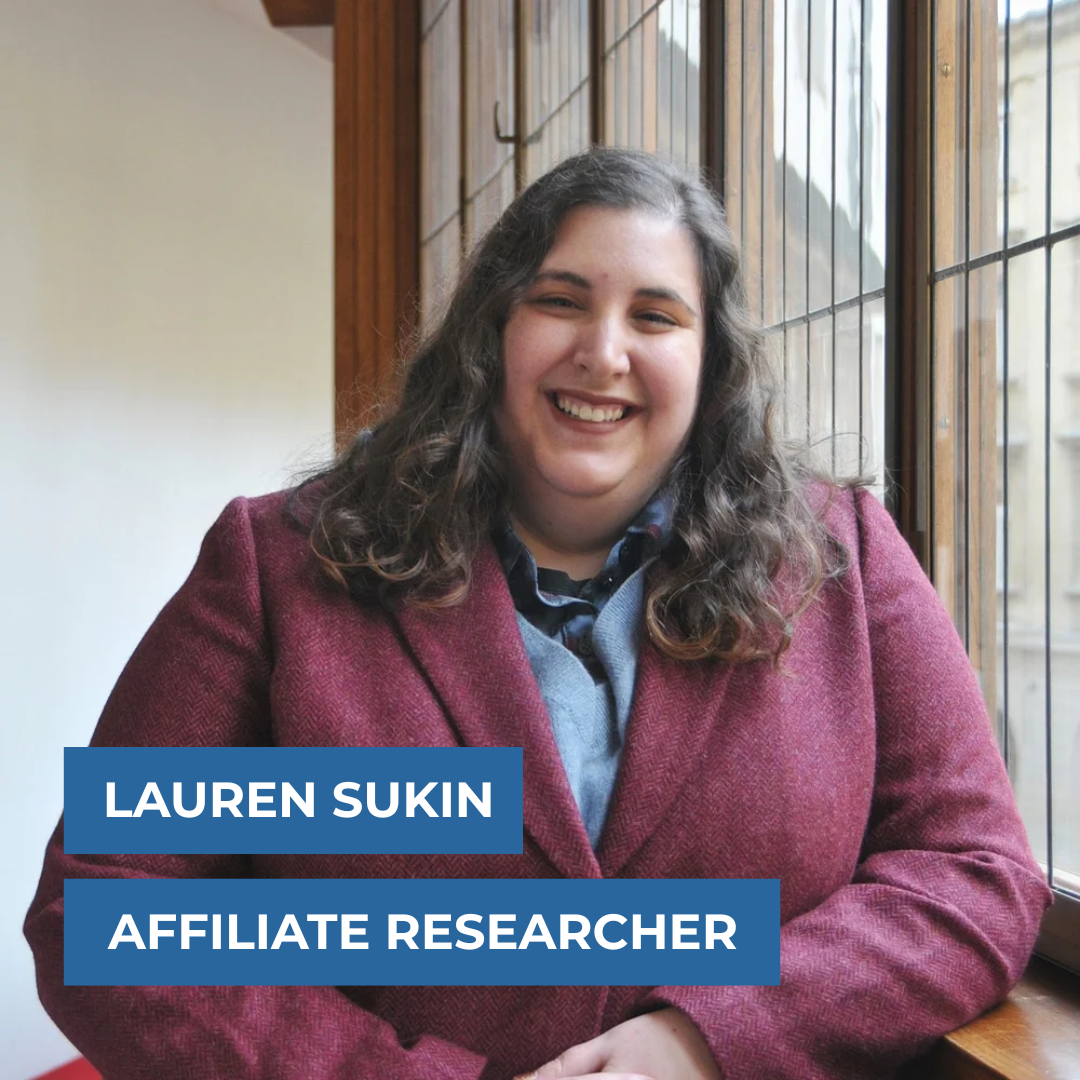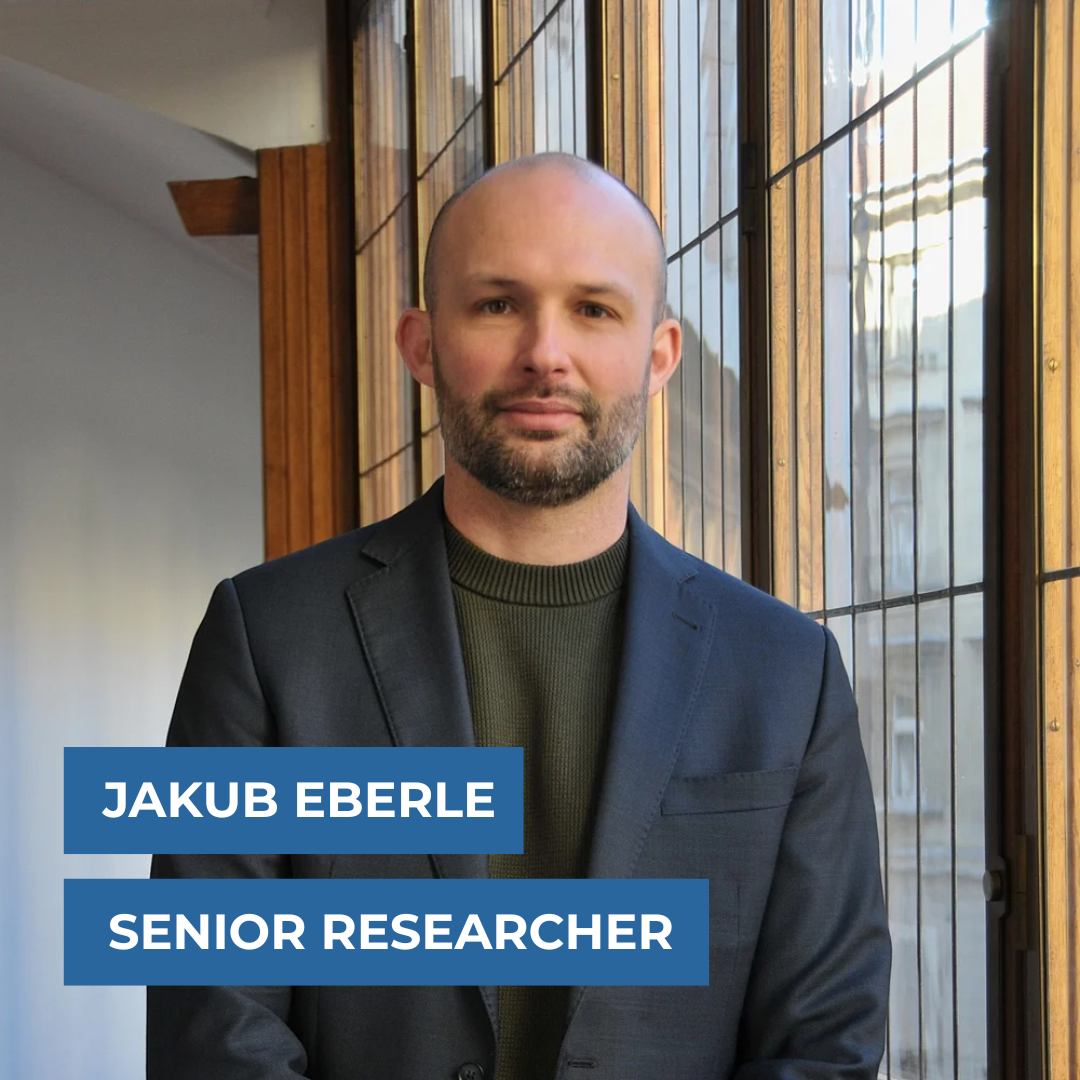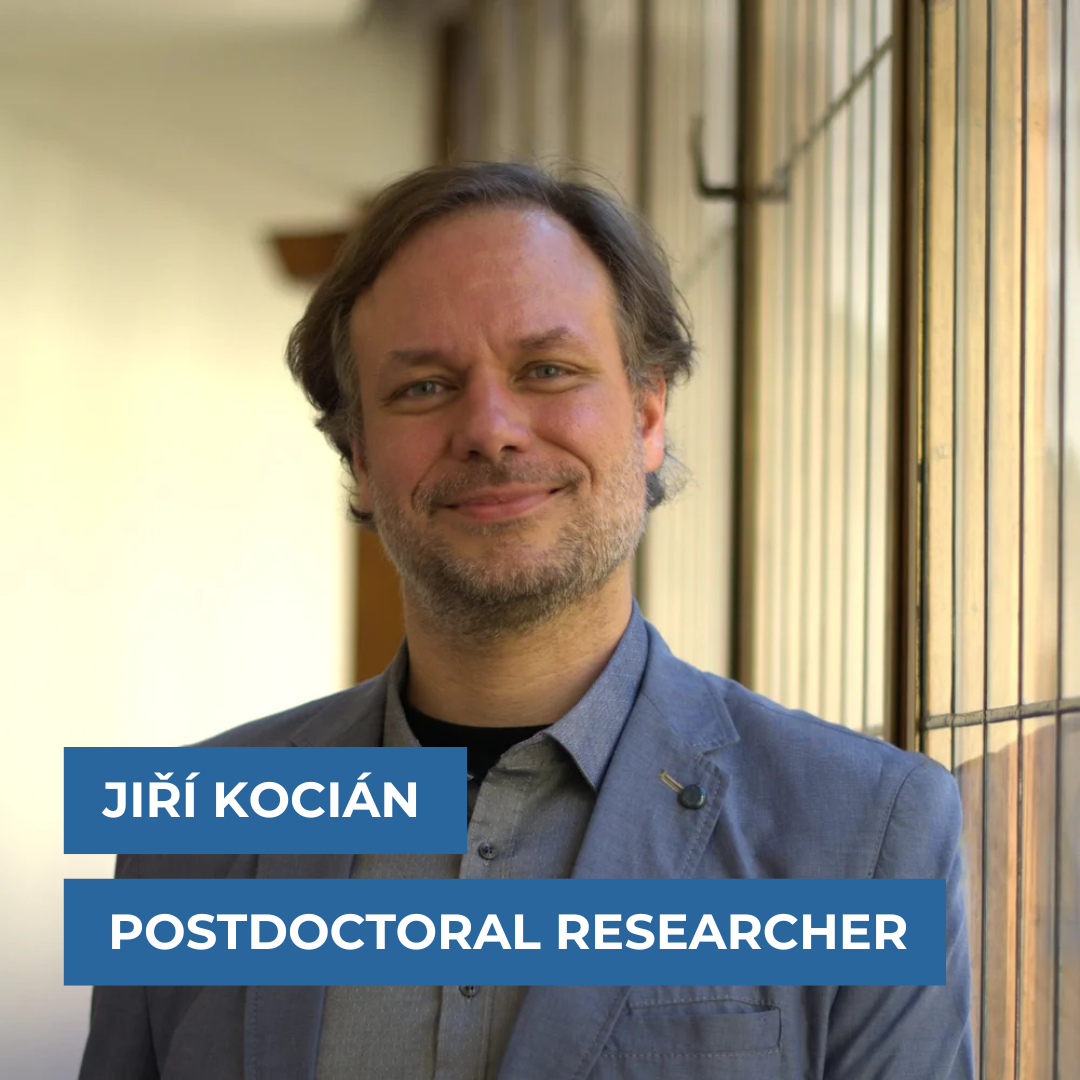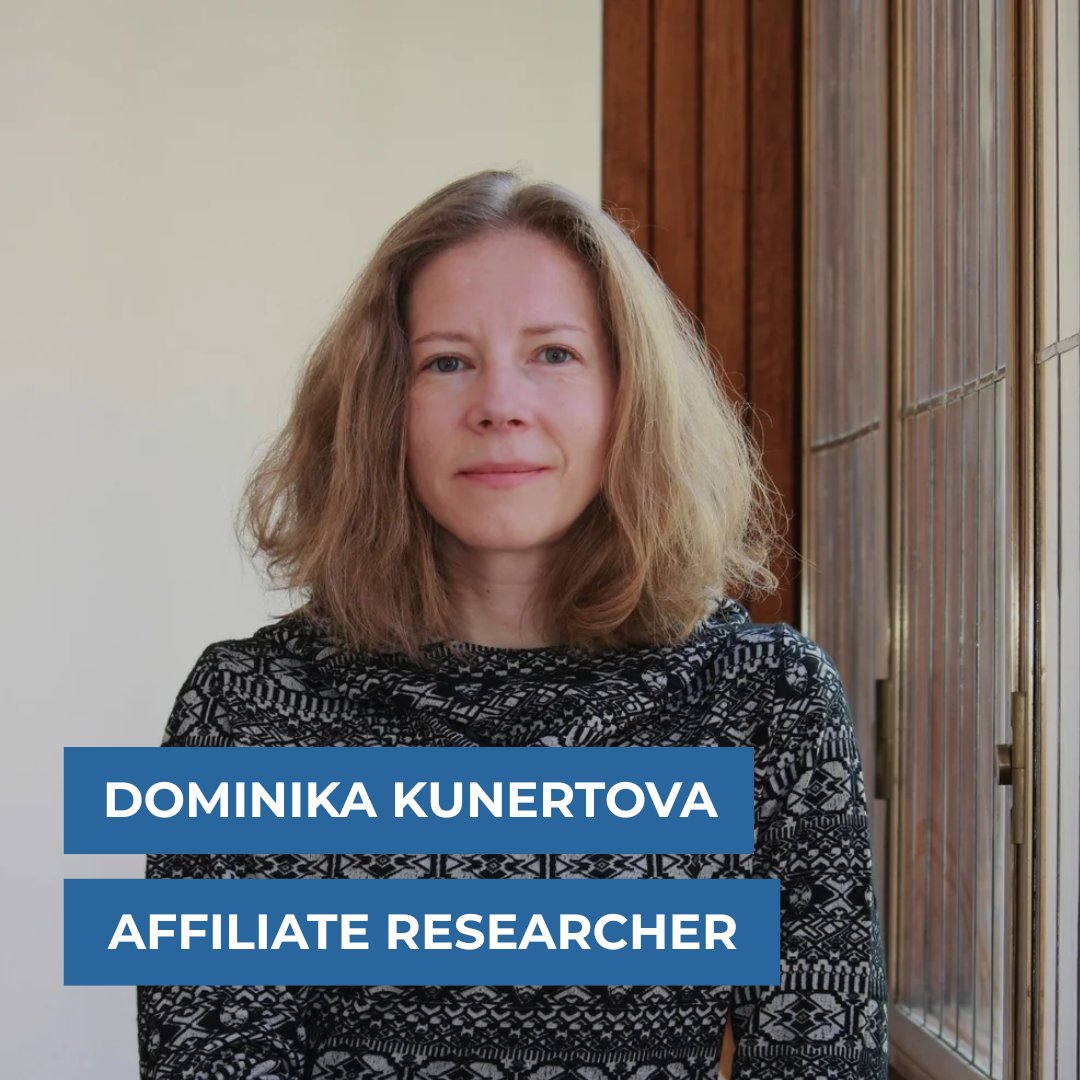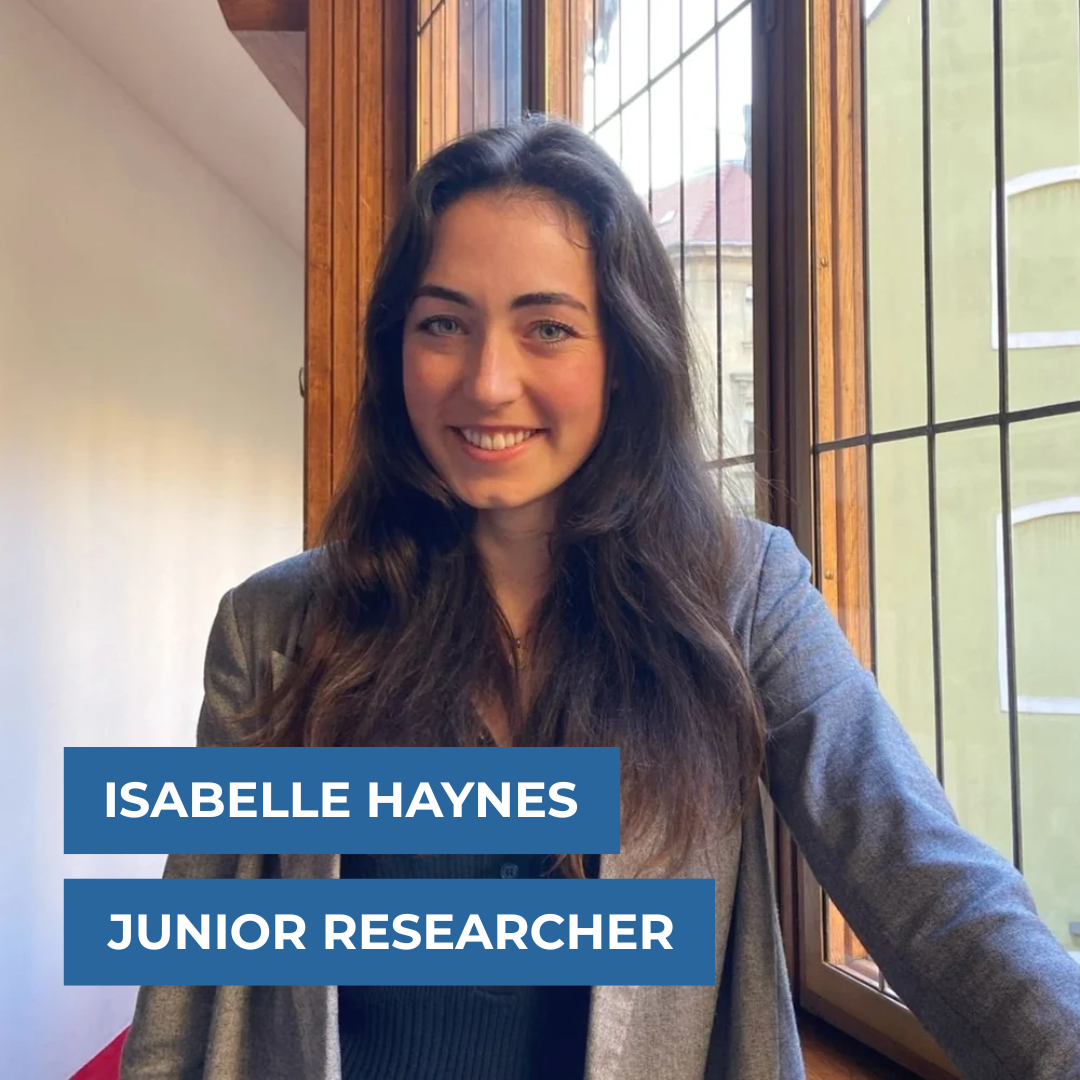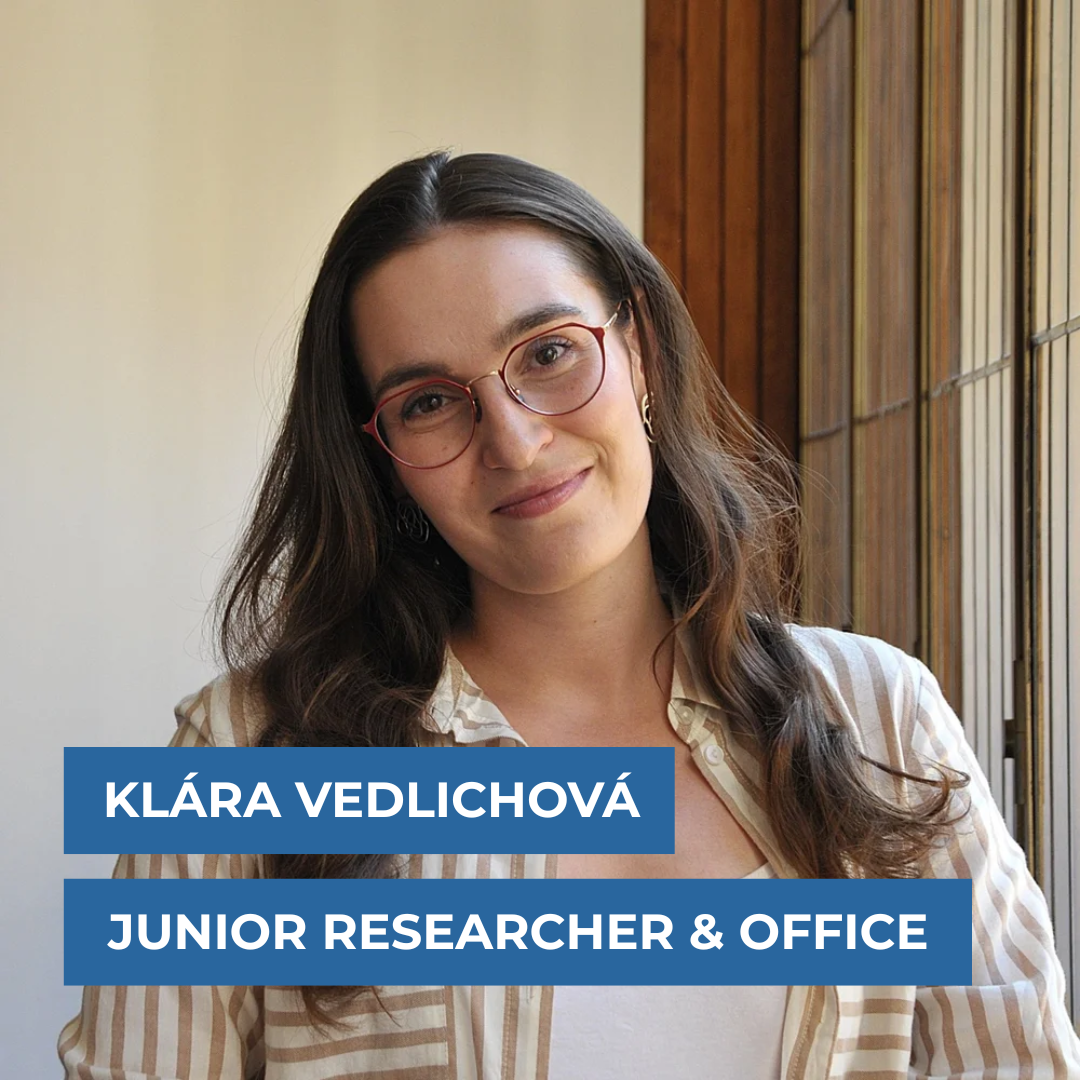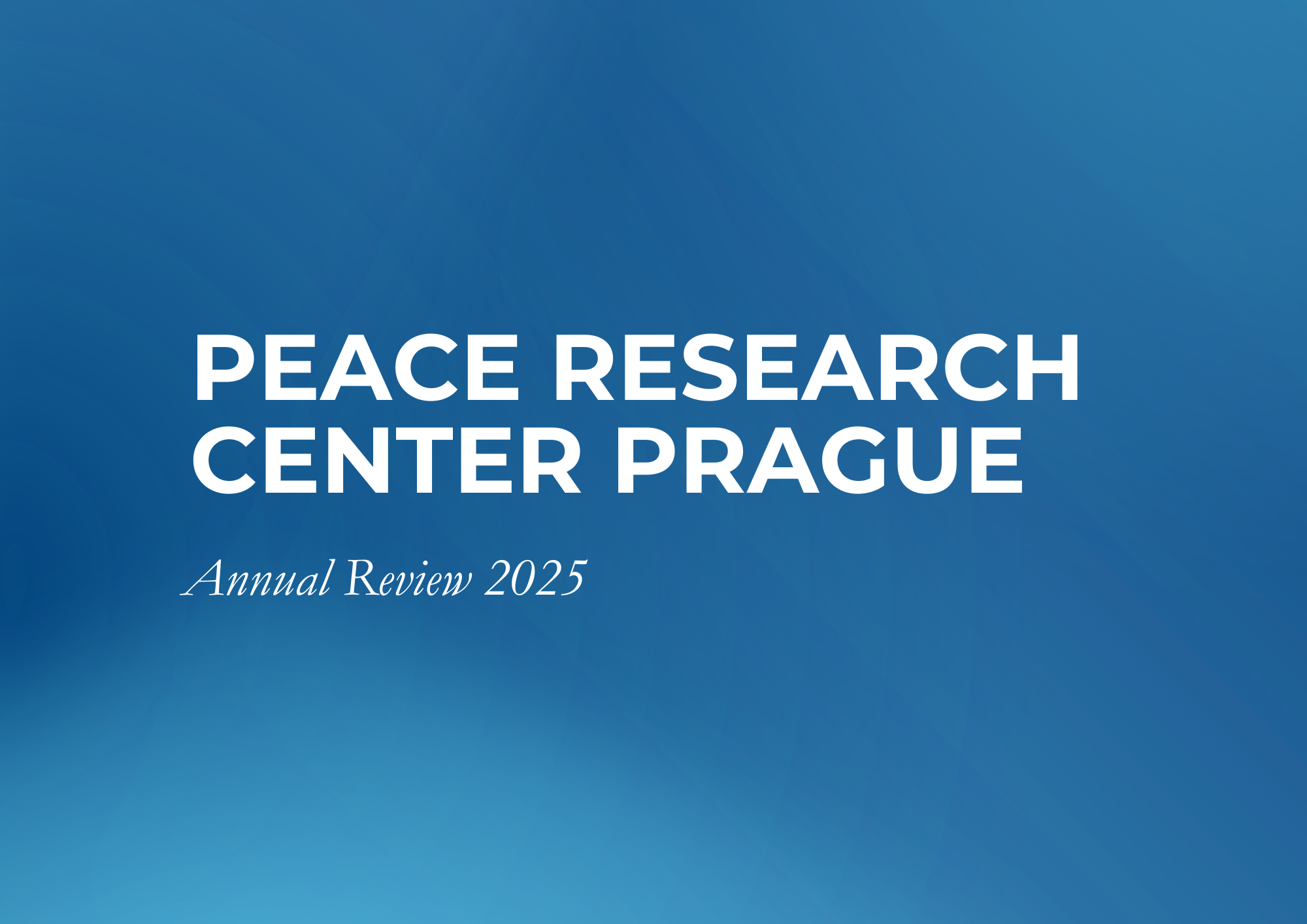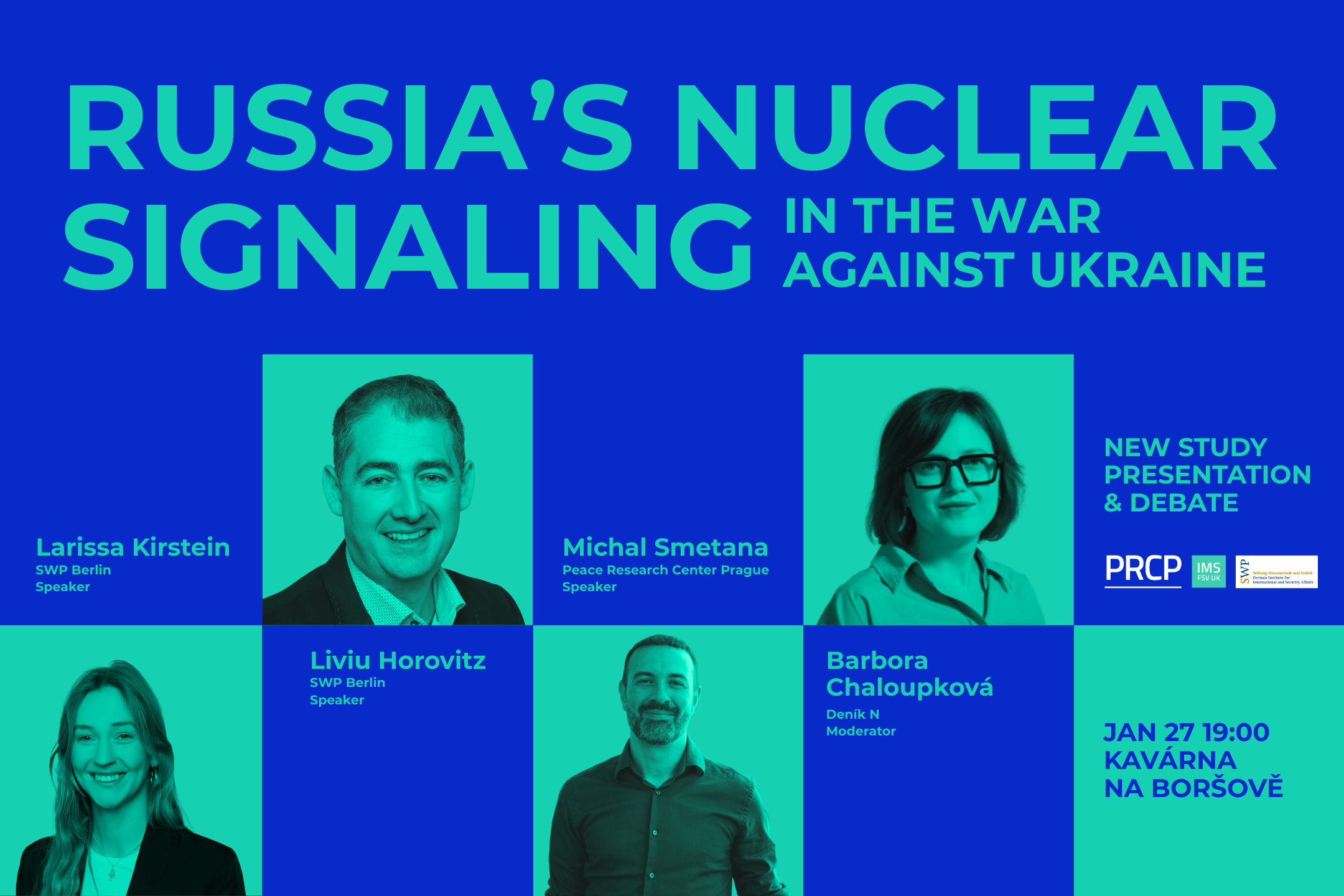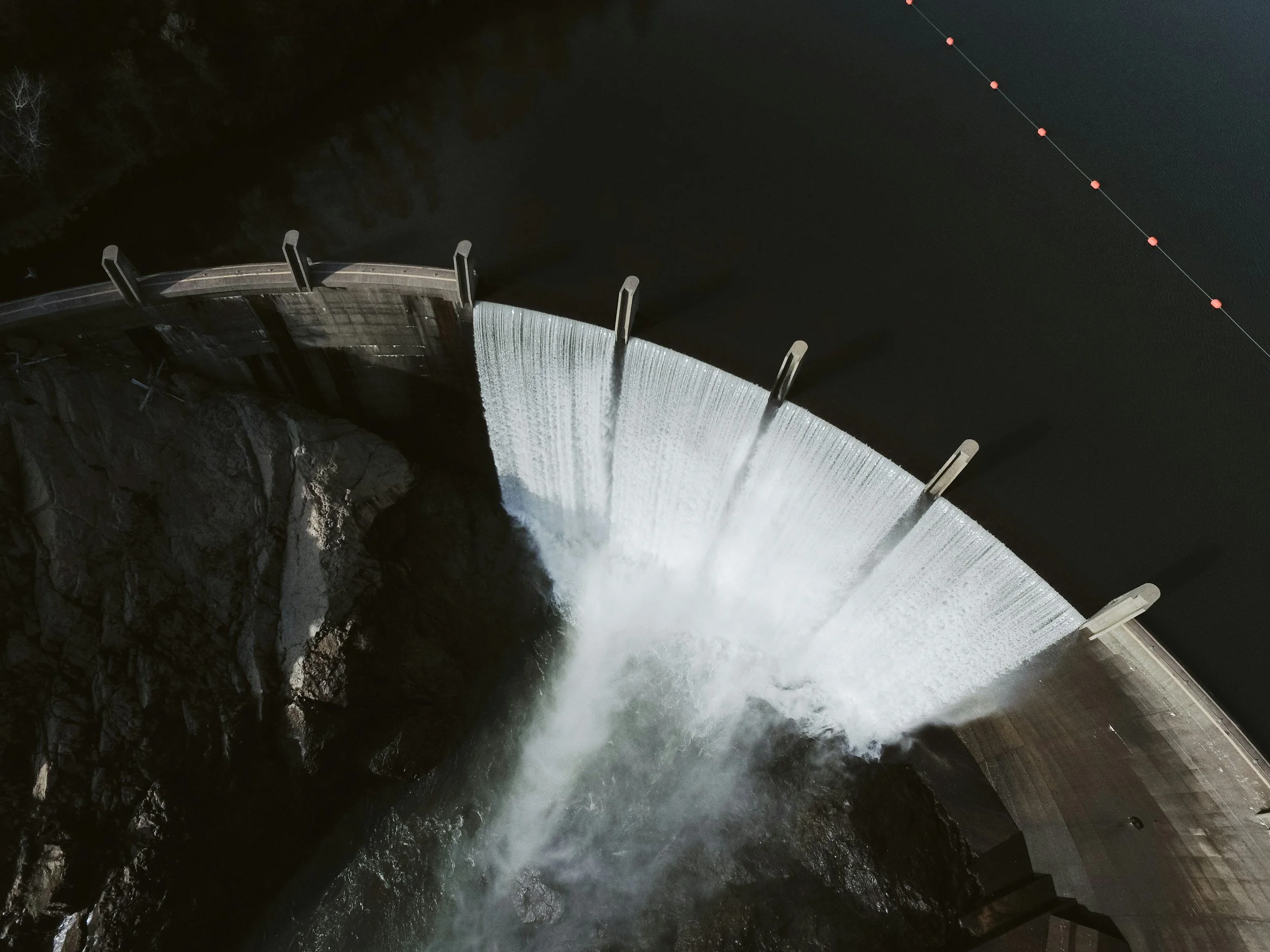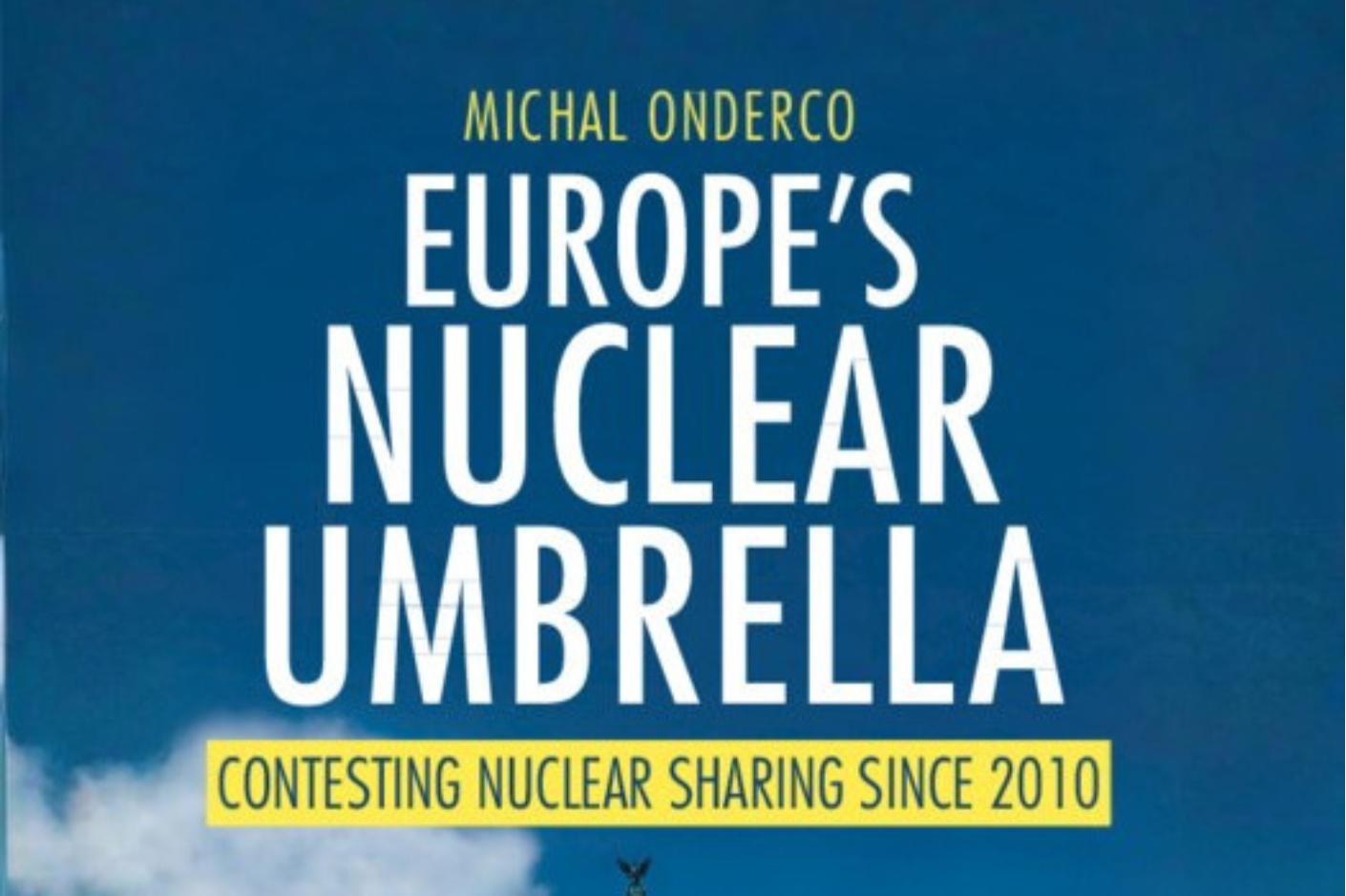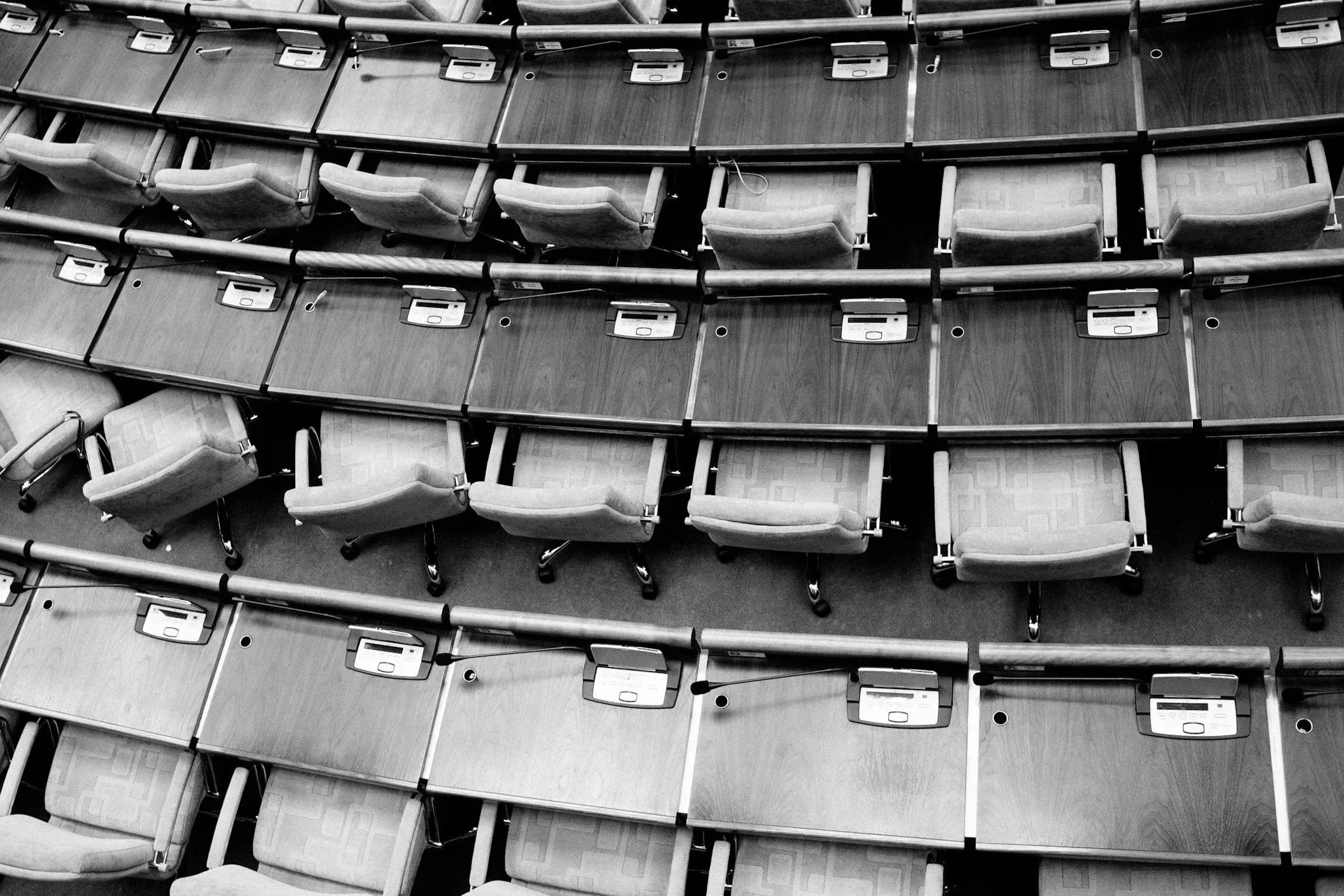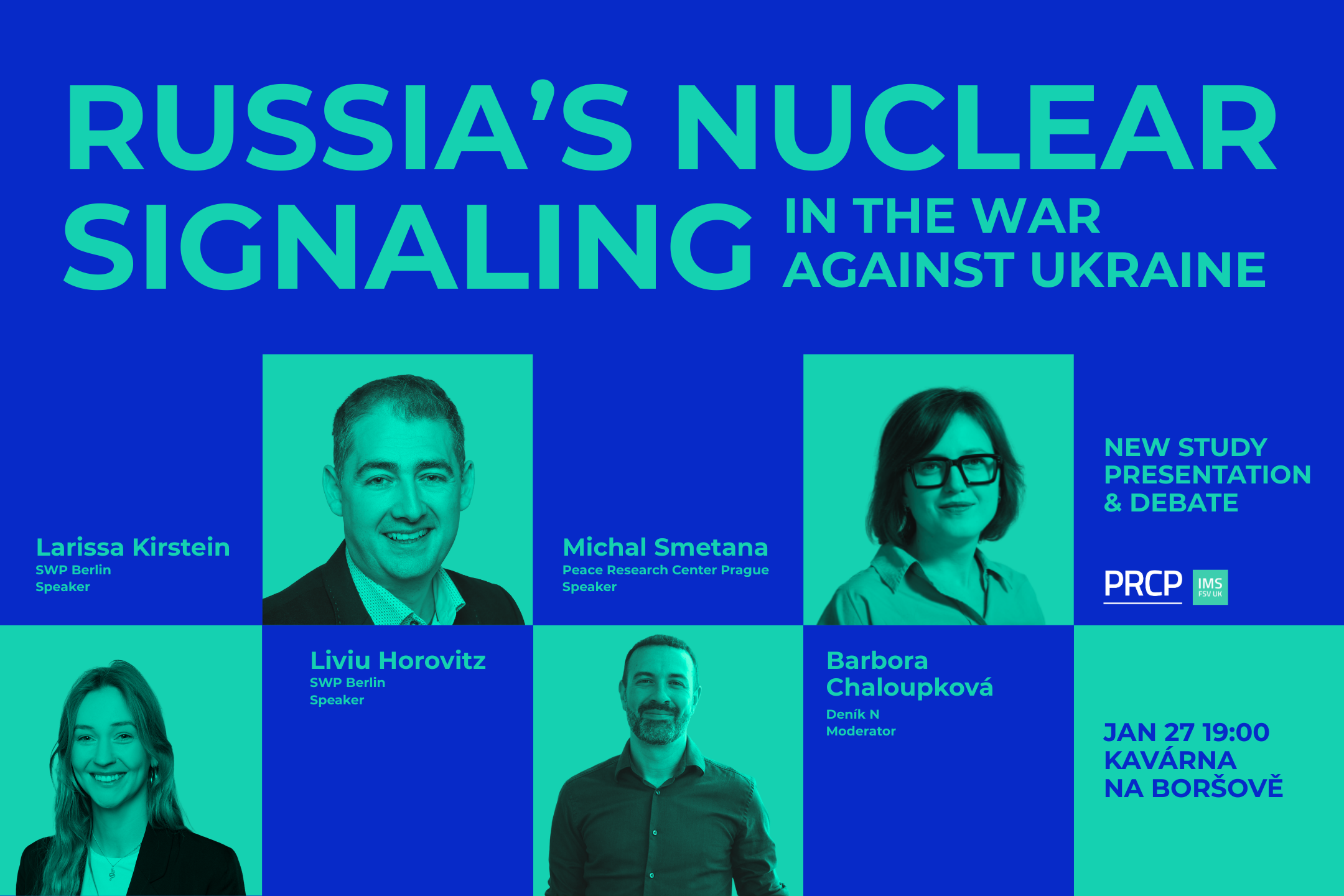cutting-edge research into peace, conflict,
and international security
In our time of rapid change, the risks of major violent conflict are rising. The need to prevent unnecessary human suffering calls for a deeper scholarly understanding of the causes, consequences, and dynamics of violence, and for an elaboration of new measures to foster international cooperation. These are the main goals of our interdisciplinary Center of Excellence, funded by Charles University.
Our Peace Research Center Prague team is comprised of renowned scholars on various topic surrounding international security, such as arms control, nuclear disarmament, non-proliferation or public-elite opinion gaps. We cover the majority of conflict areas around the world, such as Russia and Ukraine, the Middle East or China and Taiwan.
At the PRCP, 2025 will likely be remembered as a year that was busy, challenging, but also rewarding in many different ways. Having published more than 25 peer-reviewed articles in prestigious journals alongside many working papers and policy briefs while also providing more than 1300 media interviews and commentaries, we hope to have contributed greatly to both academic and public security discussions. See our Annual Review 2025 here.
Most Russian nuclear messaging during the war in Ukraine has not been about explicit nuclear threats, but about amplifying uncertainty and fear. The PRCP and SWP have recently published a working paper that systematically tracks this dynamic. Come join us on January 27th at 19:00 in Kavárna Na Boršově where we will introduce the study and discuss it with the authors! Register here.
Our Director Michal Smetana has won the Neuron Award for Promising Scientists 2025 in the field of social sciences. The jury praised his innovative approach to combining the fields of international relations, security studies, and political psychology, into which he has introduced experimental methods from natural sciences. We sincerely congratulate him on the success!
Despite water infrastructure being legally protected under international law, states have used it as a weapon in armed conflict. Eliška Pohnerová’s article explores how the United States advocate for the prohibition of water weaponization in three armed conflicts. Results show that water norms are in practice closer to humanitarian crisis prevention than a deterrence mechanism.
Michal Onderčo’s book Europe’s Nuclear Umbrella explores the collapse of great-power arms control since the mid-2010s and the resulting rise in nuclear risks for Europe, alongside a new abolition movement. It shows how European policymakers balanced renewed deterrence pressures with domestic demands, offering a novel theory of democratic foreign policy-making.
In November 2025, PRCP researchers alongside Stephen Herzog (Middlebury Institute of International Studies at Monterey) published “Atomic responsiveness” in the European Journal of International Security. The article sparked an academic exchange with Florian Eblenkamp (ICAN). This Policy Brief series presents his response and Herzog’s rejoinder.
Most Russian nuclear messaging during the war in Ukraine has not been about explicit nuclear threats, but about amplifying uncertainty and fear. The PRCP and SWP have recently published a working paper that systematically tracks this dynamic. Come join us on January 27th at 19:00 in Kavárna Na Boršově where we will introduce the study and discuss it with the authors! Register here.
